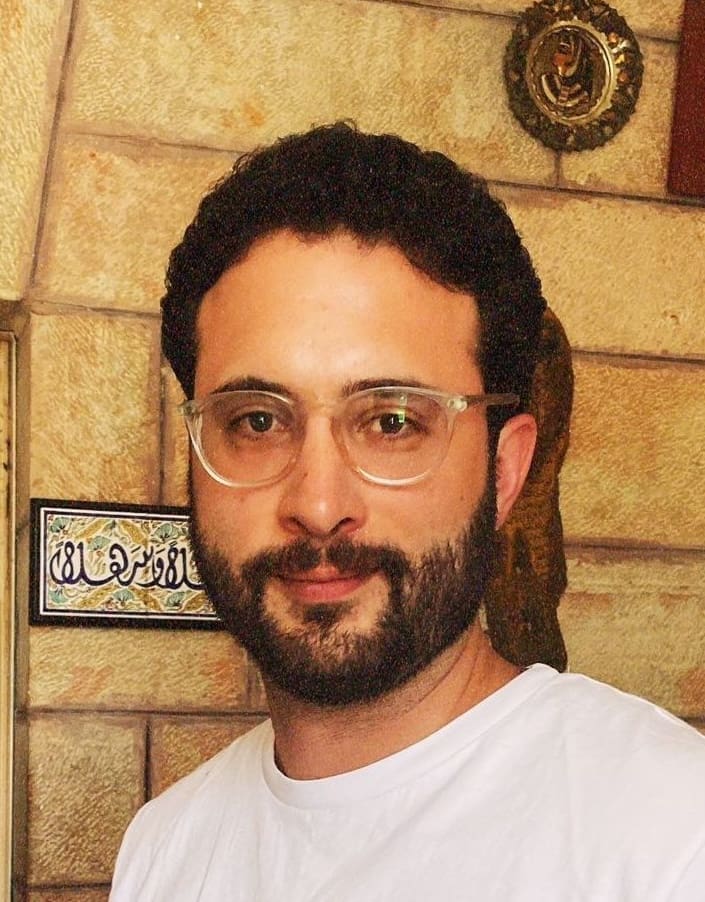
Two years on, the consequences of the Gaza genocide extend far beyond Palestine. Western complicity and inaction have exposed the true face of the so-called “rules-based” order. With the era of US hegemony potentially coming to a turbulent close, what will the future look like for Palestinians and for a world on the cusp of profound geopolitical and moral transformation?
In this policy lab, Leila Farsakh and Abdaljawad Omar join host Tariq Kenney-Shawa to trace the historical trajectory leading to October 7, examine how Gaza has become both a site of extermination and a catalyst for global rupture, and discuss what comes next for Palestinians.
Abdaljawad Omar is a writer and lecturer based in Ramallah, Palestine. He is currently teaching in the Philosophy and Cultural Studies Department at Birzeit University.
Tariq Kenney-Shawa is Al-Shabaka's US Policy Fellow and co-host of Al-Shabaka's Policy Lab series. He holds a Masters degree in International Affairs from Columbia University....
Al-Shabaka policy analyst, Leila Farsakh, is Associate Professor and Chair of the political science department at the University of Massachusetts Boston. She is the author of Palestinian Labor...
In this article











